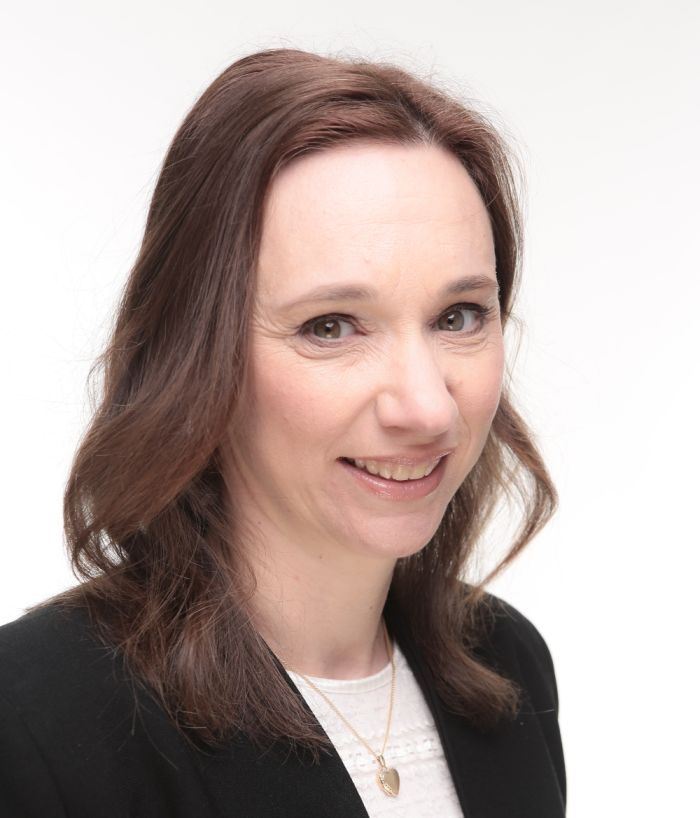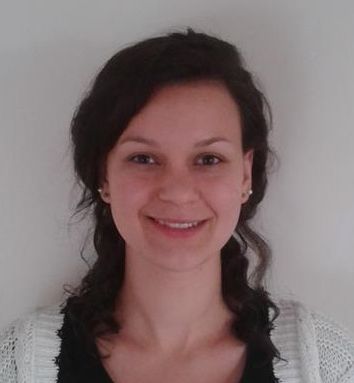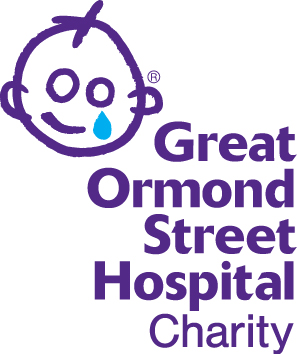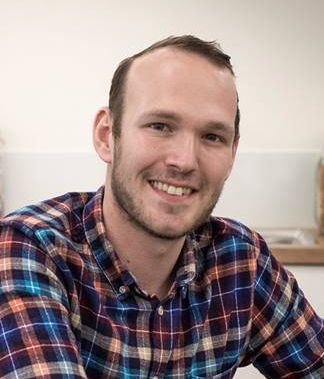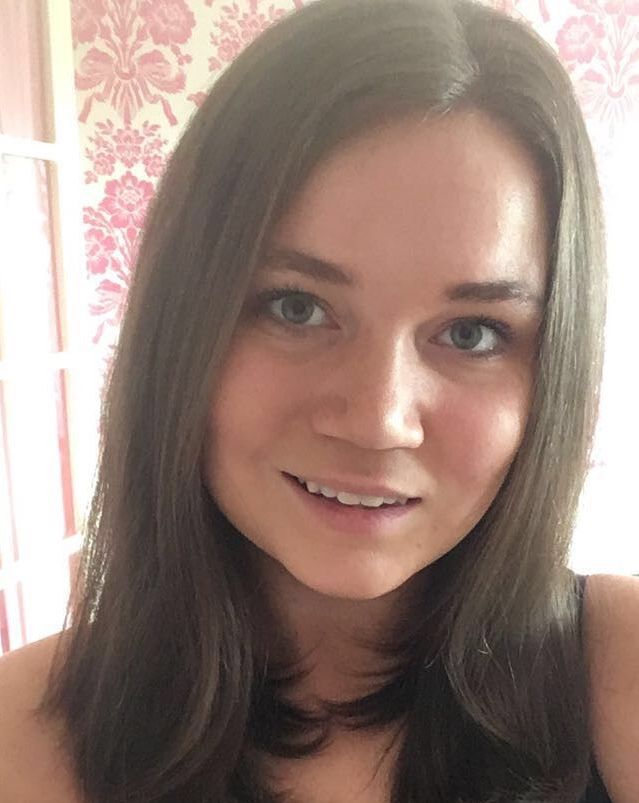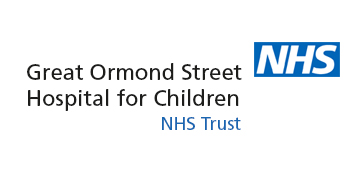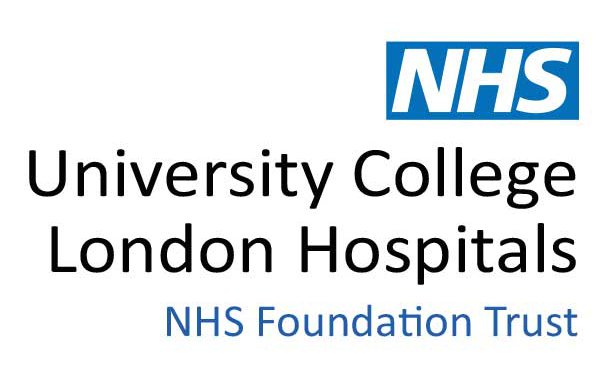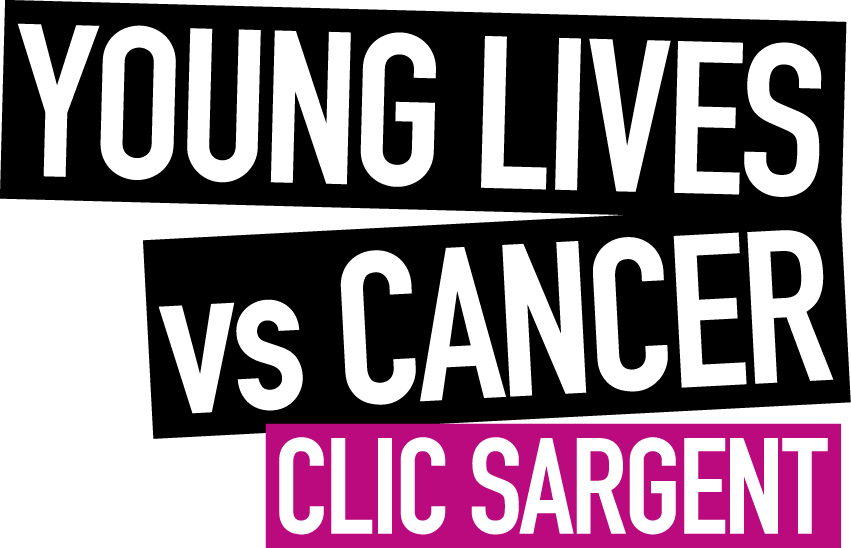About this project
Before you decide if you would like to take part, it is important for you to
understand why the research is being done and what it will involve.
Please read through the following information carefully and discuss it with
others if you wish. Take your time to decide whether or not you wish to take part.
Please get in touch with us if there is anything that is not clear or if you would like more information.
Click on each of the sections below for more information.
What is the purpose of the project?
We know that young people who have cancer are more likely to have other difficulties
like anxiety or low mood.
We would like to find out how many young people who have cancer are having problems
with how they are feeling and how we can best help them feel better.
The purpose of this project is to find out if guided self-help resources work for
reducing anxiety or low mood in young people who also have cancer. If we find that
they do work for these young people, then we hope
that they will become more widely available.
Why have I been invited?
We are inviting all young people aged between 13-24 years,
who have cancer to take part in our project.
Do I have to take part?
It is up to you whether you want to join the project. We will describe
the project and go through this information sheet with you.
If you agree to take part, we will then ask you to sign a consent
form. You are free to withdraw at any time, without giving a reason. This would not affect
the standard of care you receive or how quickly you receive care.
Will taking part help me?
We cannot guarantee that the project will help you,
but we hope that the information we get from this project will help
improve the resources of young people with cancer who struggle with
distress or low mood.
Is there anything to be worried about if I take part?
There are no specific risks from taking part in the project.
If we think that you need to meet with someone to discuss your wellbeing sooner
(for example if your mood worsens considerably during this time), then we will
refer you to other services that can help. No-one will be
deprived of an intervention that they would otherwise have received had they
not been a part of the project.
It is possible that thinking about your life and the effect of having cancer
could be upsetting for you. If the worksheets do cause any distress,
please let us know so that we can offer support and think about what further help is needed.
What will happen to me if I take part?
If you are interested in taking part, you will be asked
to complete a few questionnaire designed to identify any problems with distress or low mood
and how you feel about your wellbeing.
You (and your parents/carers if you are under the age of 16) will be invited for an appointment
with us. This can be done in person, or via telepone or Skype.
After this first appointment, you will use ‘self-help’ resources on this website based
on cognitive behavioural therapy (‘CBT’) strategies.
These go through strategies that research has shown to be helpful in reducing symptoms of
anxiety and mood in children and young people. The researcher can tell you about what the resources
involve in more detail. A coach or mentor will guide you through these workbooks. Your coach or
mentor will be in touch via weekly appointments. These appointments
may be over the phone, or Skype if you prefer this.
